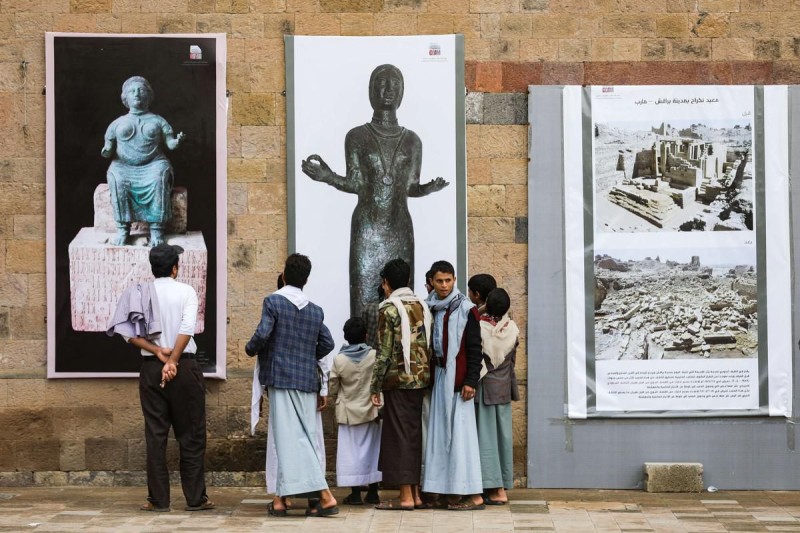Supporting Small Farmers to Recover Livelihoods in Yemen


Since 2015, conflict in Yemen has killed and injured civilians, restricted access to basic necessities, and deprived vulnerable Yemenis of the means to support themselves. In December 2018, the UN estimated that more than 24 million people—80 percent of the population—were in need of humanitarian assistance.
Before the conflict, Omar* was one of the leading farmers in his village in southern Yemen’s Lahij Governorate, and the sale of his crops enabled him to provide for his family. When conflict struck, however, many local farmers lost the tools and inputs needed to continue farming. “I was left at the mercy of well-wishers,” Omar recalls.
Through a USAID Office of U.S. Foreign Disaster Assistance (USAID/OFDA) non-governmental organization (NGO) partner, Omar received seeds to plant one acre of land with onions and tomatoes. By applying his farming skills, as well as technical support from the NGO, Omar harvested enough onions and tomatoes to sell to his community, earning $2,300, which covered three months of household expenses. With savings from the sales, Omar bought more seeds, expanding his farm. Through USAID/OFDA’s support, Omar and his community can begin rebuilding their livelihoods.
USAID/OFDA supported the partner organization to provide seed and tool packages to more than 500 local farmers like Omar, targeting households that lacked the income to buy required inputs. Each farmer earned an average of $2,500 from the sale of their crops, bolstering local food availability in their villages, and reducing reliance on humanitarian food assistance.
With a total of $6.8 million in funding to the NGO partner, USAID/OFDA also supported the organization to deliver additional livelihoods support—including providing goats and fodder to more than 1,300 households, training 80 people as animal health care workers, and engaging 2,000 people in cash-for-work initiatives that rehabilitated local infrastructure.
While conflict in Yemen will continue to have enduring and painful effects on Yemenis, USAID/OFDA agriculture and livelihoods assistance in Yemen demonstrates the value of supporting households and communities to rebuild their self-reliance and begin to recover.

Sana’a – The General Authority for Antiquities and Museums, operating under the control of the Houthi militia in the occupied capital S…

Hadramout — UNESCO has officially inscribed Al-Dan Hadrami, a traditional poetic and musical art form from Yemen’s Hadramawt region, on…

NewYourk  -- The renowned auction house Sotheby’s has revealed plans to present one of the rarest surviving Yemenite Torah scrolls in it…